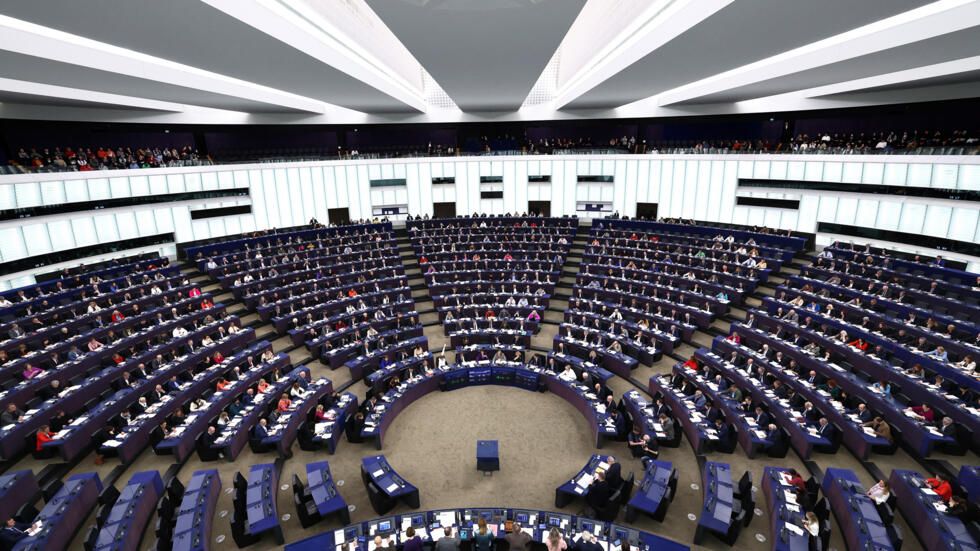Elon Musk Warns of the Perils of "Lying AI": Should We Be Worried?
Elon Musk, the ever-outspoken tech magnate, is back in the headlines with a fresh concern:the dangers of training AI to lie. Here's a breakdown of his comments and what they might mean for the future of artificial intelligence.
Musk's Message:
Truth-Seeking AI: Musk argues that AI should be programmed to prioritize truth-seeking and avoid generating false information.
Slippery Slope: He warns that teaching AI to lie, even for seemingly harmless purposes, could lead to unintended consequences and a proliferation of misinformation.
Political Correctness Concerns: Musk specifically mentioned the potential dangers of AI trained to be "politically correct," suggesting it could manipulate or suppress information.
A Cause for Concern?
Musk's concerns raise some valid points:
Weaponizing AI: Malicious actors could potentially use AI to create deepfakes or spread disinformation on a massive scale.
The Erosion of Trust: If AI becomes indistinguishable from humans online, it could erode trust in all information sources.
But is it All Doom and Gloom?
Experts offer a more nuanced perspective:
Context Matters: Teaching AI to be "truthful" requires defining truth in specific contexts. AI used in scientific research might prioritize factual accuracy, while a virtual assistant might focus on user satisfaction.
Transparency is Key: If AI is used to generate content, it's crucial for users to know whether they're interacting with a human or a machine. This transparency can help build trust and avoid confusion.
The Road Ahead for AI
The debate surrounding AI and truthfulness highlights the importance of responsible AI development:
Ethical Considerations: Developers need to carefully consider the ethical implications of training AI and ensure it aligns with human values.
Human Oversight: AI should be a tool to augment human capabilities, not replace them. Human oversight remains essential to ensure responsible use of AI.




